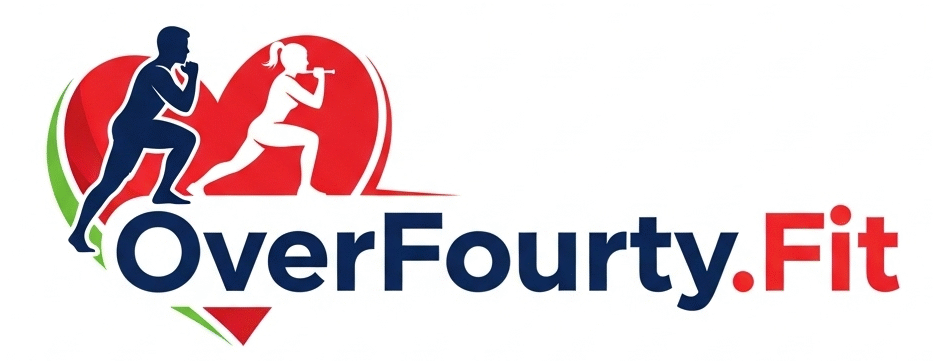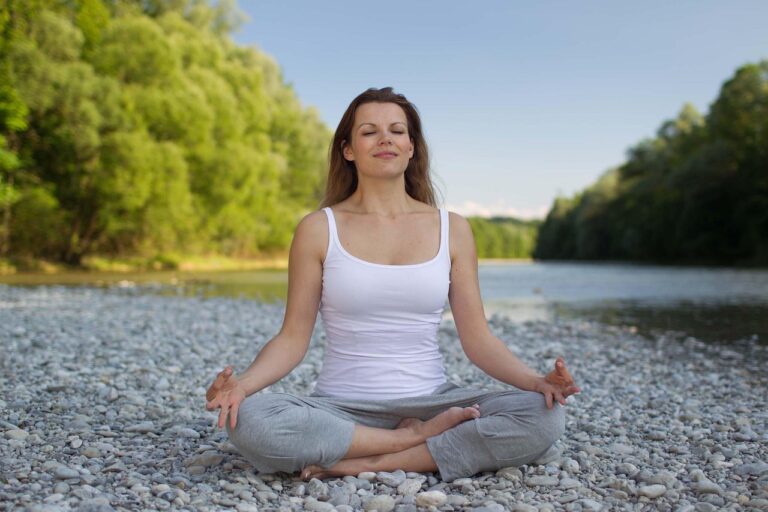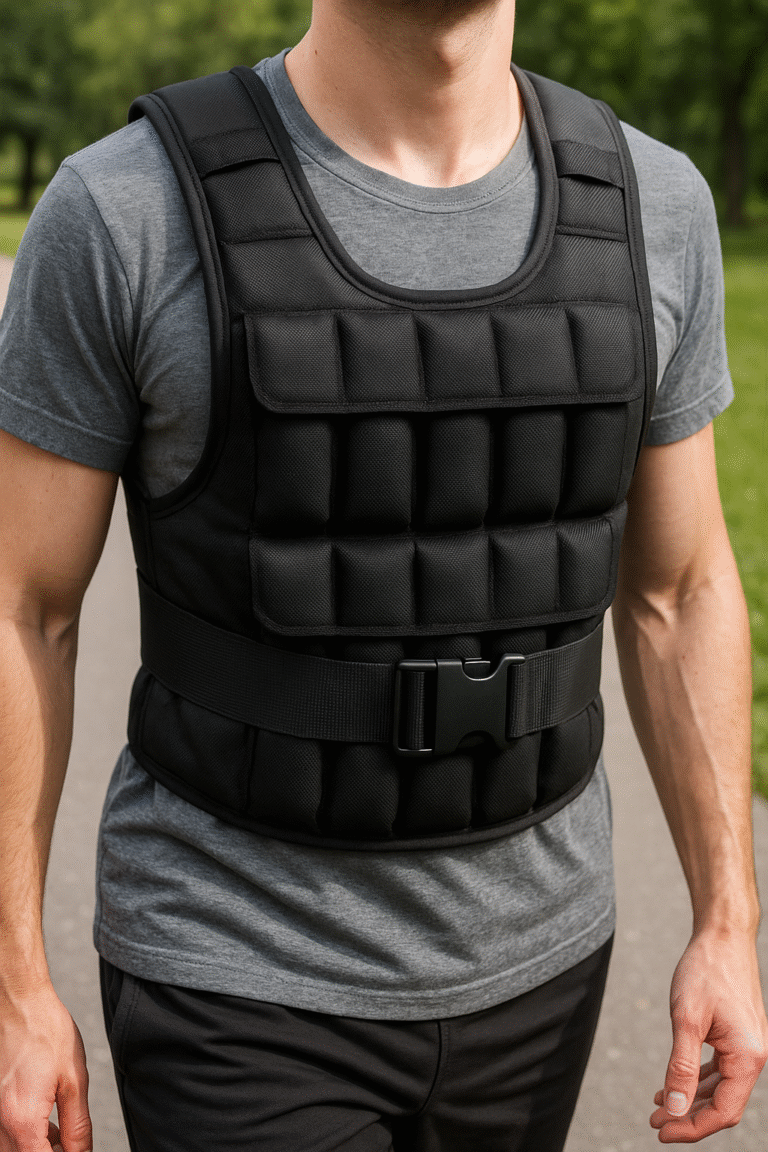Can Fitness Be a Hobby? Discover the Life-Changing Benefits!
Can Fitness Be a Hobby? Yes, absolutely, it’s a hobby! In fact, transforming exercise into a passion can make it more enjoyable, sustainable, and rewarding. Many people dread workouts because they see them as a chore, but when fitness becomes a hobby, it turns into something you look forward to—just like painting, hiking, or playing an instrument.
In this guide, we’ll explore:
- Why fitness makes a great hobby
- How to turn exercise into a fun activity
- The mental and physical benefits
- Best fitness hobbies for different personalities
- Tips to stay motivated
Let’s dive in!
Why Fitness Makes a Great Hobby
Fitness isn’t just about lifting weights or running on a treadmill—it’s a lifestyle that can be customized to fit your interests. Here’s why it works as a hobby:
Improves physical & mental health – Reduces stress, boosts energy, and enhances mood.
Social & community-driven – Join running clubs, CrossFit boxes, or yoga studios.
Endless variety – From dance workouts to rock climbing, there’s something for everyone.
Measurable progress – Tracking strength, endurance, or flexibility keeps it engaging.
How to Turn Fitness Into a Hobby
If you want to make fitness a hobby (not just an obligation), follow these steps:
- Find an Activity You Love – Don’t force yourself into workouts you hate. Try different things:
- Strength training
- Yoga/Pilates
- Cycling
- Martial arts
- Hiking
- Dance (Zumba, hip-hop, ballet)
- Set Personal Goals – Whether it’s running a 5K or mastering a handstand, goals keep you motivated.
- Make It Social – Work out with friends, join a class, or participate in local fitness events.
- Track Progress – Use apps like Strava, MyFitnessPal, or a simple journal to see improvements.
- Invest in Gear – Buying new workout clothes or equipment can make it more exciting.
Best Fitness Hobbies for Different Personalities
Not sure where to start? Here’s a table to match activities with your interests:
| Personality Type | Best Fitness Hobby | Why It Works |
|---|---|---|
| Adventure Seeker | Rock Climbing, Trail Running | Thrilling & outdoorsy |
| Social Butterfly | Group Classes, CrossFit | Community-driven |
| Solo Enthusiast | Weightlifting, Yoga | Self-paced & meditative |
| Creative Mind | Dance, Parkour | Expressive & dynamic |
| Competitive Spirit | Martial Arts, Obstacle Races | Goal-oriented & challenging |
Mental & Physical Benefits of Fitness as a Hobby
When fitness becomes a hobby, the benefits go beyond just physical health:
Physical Benefits:
- Stronger muscles & bones
- Better cardiovascular health
- Improved flexibility & mobility
- Weight management
Mental Benefits:
- Reduces stress & anxiety – Exercise releases endorphins, the “feel-good” hormones.
- Boosts confidence – Achieving fitness milestones builds self-esteem.
- Enhances focus – Regular movement improves brain function.
- Encourages discipline – Sticking to a routine spills over into other life areas.
How to Stay Motivated Long-Term
The key to making fitness a lifelong hobby is keeping it fun:
- Mix it up – Avoid boredom by trying new workouts.
- Reward yourself – Celebrate milestones (e.g., new workout gear after hitting a goal).
- Follow inspiring people – Fitness influencers or athletes can keep you excited.
- Listen to your body – Rest when needed to prevent burnout.
Can Fitness Be A Hobby?
Can fitness be a hobby? 100% yes! When you find activities you genuinely enjoy, working out stops feeling like a task and becomes a highlight of your day. Whether it’s lifting weights, hiking, or dancing, the best fitness hobby is the one that makes you happy and keeps you coming back.
Ready to make fitness your new favorite hobby? Start today—your future self will thank you!
FAQs about Can Fitness Be a Hobby?
Can I say fitness as a hobby?
Yes, fitness can absolutely be a hobby! In fact, transforming exercise into a passion can make it more enjoyable, sustainable, and rewarding. Many people dread workouts because they see them as a chore, but when fitness becomes a hobby, it turns into something you look forward to—just like painting, hiking, or playing an instrument.
Is fitness a hobby or a lifestyle?
When you embrace fitness as a lifelong lifestyle—not just a temporary hobby or short-term challenge—you cultivate habits that transform every aspect of your wellbeing.”
Or, for a more motivational punch:
“True transformation begins when fitness stops being a 30-day challenge and becomes your daily lifestyle. The rewards? More energy, confidence, and vitality in every part of your life.”
Both versions:
Shift perspective from temporary to sustainable
Highlight the broader life benefits
Keep it engaging and aspirational
Want me to tailor it further for a specific audience (e.g., busy professionals, parents, beginners)?
What is considered a hobby?
“A hobby is any activity pursued regularly for pleasure during leisure time. It could involve creative arts, sports, collecting unique items, or exploring special interests—anything that sparks joy outside of work or daily obligations.”
Key improvements:
More concise & engaging
Keeps the core definition while sounding less formal
Emphasizes the “joy” aspect (positive framing)
Uses active voice (“pursued” vs “done”)
Alternative version with stronger emotional pull:
“Hobbies are the passions we choose—whether painting, playing sports, or collecting treasures—that make free time fulfilling. They’re not just pastimes, but personal escapes that refresh and inspire us.”
Want me to adjust for a specific tone (motivational/educational/casual)?
Does the gym come under hobbies?
Is going to the gym a hobby? Absolutely!
If you genuinely enjoy your workouts and look forward to your gym time, then ‘gymming’ absolutely qualifies as a hobby—it’s a leisure activity you do for pleasure.
Pro tip: Get specific when talking about it. Instead of just saying “I go to the gym,” share what excites you:
“I love powerlifting—testing my maxes is my passion.”
“Group fitness classes are my thing—the energy keeps me hooked!”
“I’m a gym rat who lives for hypertrophy training and perfecting form.”
The more you own it as a hobby, the more rewarding it becomes. After all, hobbies don’t feel like obligations—they feel like joy.“
Why this works better:
Stronger hook (bold opening answer)
More engaging examples (helps readers relate)
Encourages ownership (frames gym time as a passion, not a chore)
Conversational yet authoritative (balances expertise with approachability)







